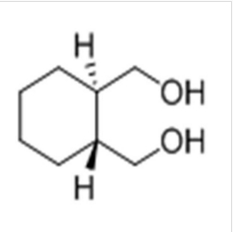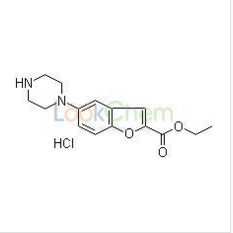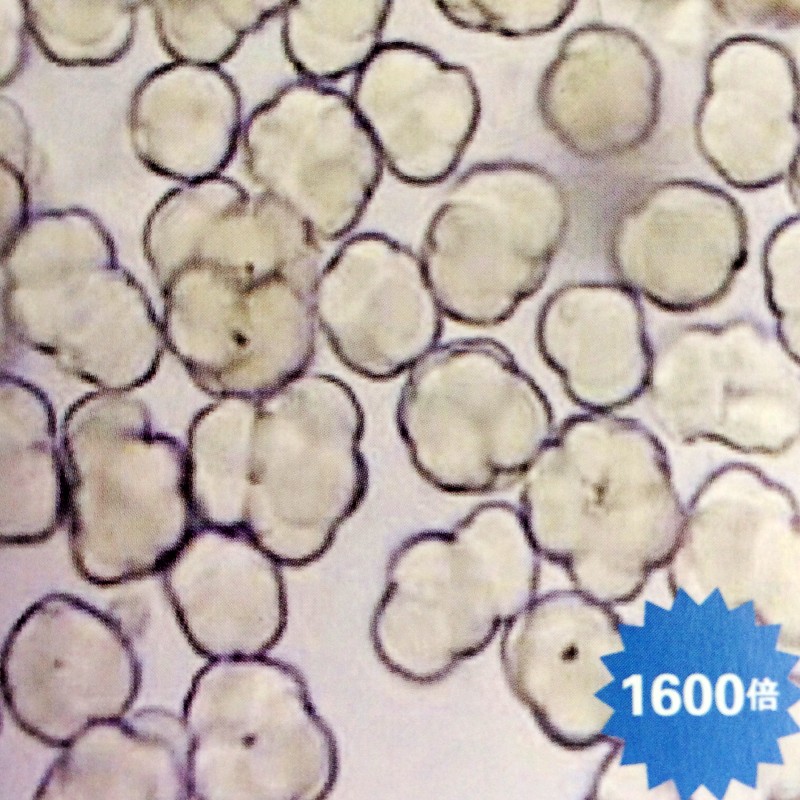L(+)-tartaric acid (CAS NO.: 87-69-4)
Description:
Colorless translucent crystals, or white powder having an acid taste.
Chemical Nam: L-2,3-dihydroxy butanedioic acid
Molecular Formula: C4H6O6
Structural Formula:

Molecular Weight: 150.09
Specification:
(Executive Standard: GB25545-2010, also meets the international standards of FCC, BP, USP ect.)
|
Assay (as C4H6O6) |
99.7% ~100.5% |
|
Specific rotation [α]D25℃ |
+12.0o ~+13.0o |
|
Arsenic (as As) |
2 mg/kg max |
|
Lead |
2 mg/kg max |
|
Residue on ignition |
0.05% max |
|
Reduction on drying |
0.5% max |
|
Oxalate test: |
Qualified |
|
Sulfate test: |
Qualified |
|
Production License NO.: SuXK13-217-00018 |
|
Main function and purpose:
L(+)-tataric acid is widely used as an acidulant in beverage ad other foods, such as soft drinks, wine, candy, bread and some colloidal sweetmeats. With its nature of optical activity, L(+)-tartaric acid can be used as chemical resolving agent and also used as chiral material to synthesize tartrate derivatives. With its nature of acidity, it can e used as catalyst in the resin finishing of polyester fabric or PH value regulator in oryzanol production. With its nature of complexation, it can be used in electroplating, sulfur removal, acid pickling and chemical analysis. It can also complex with metal ion and can be used as cleaning agent or polishing agent of metal surface. In addition, L(+)-tartaric adic is also the best retarder for cement and plaster board.
Packing:
25kg net in kraft/Plastic bag lines with PE bag, 20MT/20’FCL (on pallet).
Storage:
Keep airtight and away from direct sunlight in a dry and cool place.















